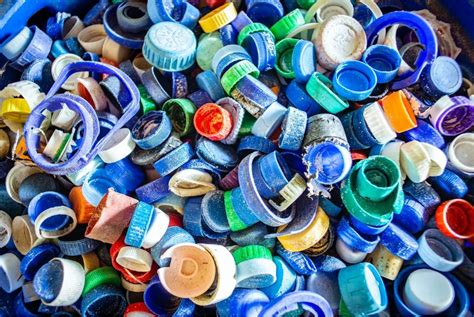How did Saudi Arabia, a country known for its vast oil reserves, end up at the center of an international showdown over plastic pollution? The story begins with last month’s failed United Nations negotiations in Busan, South Korea.
Picture this: representatives from high-ambition countries in Europe and beyond huddled in conference rooms, trying to forge a global agreement to tackle the growing crisis of plastic pollution. But standing in their way was a formidable alliance led by Saudi Arabia, supported by oil giants like Russia and Iran.
Behind Closed Doors
Sources within the high-ambition coalition shed light on the intense negotiations that took place behind closed doors. One unnamed negotiator revealed, “Saudi Arabia is now investing heavily in its environmental diplomacy… [They] have the firing power.” It was clear that no expense was spared in assembling a skilled team of pro-plastic advocates.
A Delicate Balancing Act
For nations like Saudi Arabia heavily reliant on oil revenues, the rise of the $700 billion-per-year plastics industry poses both economic opportunity and environmental risk. While some see plastics as a key driver of future demand for oil, others view it as a grave threat to our oceans and health.
The clash of interests came to a head during discussions on limiting plastic production. Saudi Arabia and its allies successfully blocked efforts for a more comprehensive treaty, using tactics such as stalling discussions and diverting attention towards financial responsibilities.
The Divide Deepens
Accusations flew as high-ambition countries accused Saudi Arabia of attempting to split their coalition by focusing on financing issues rather than ambitious goals to curb plastic pollution. Despite wealth disparities, developing nations looked to developed countries for crucial financial support.
As tensions simmered over financing details, it became evident that forging strong alliances between negotiations was crucial for progress. The effectiveness of consensus-based decision-making at international forums like the UN was called into question as veto powers stymied swift action against polluting practices.
Looking Ahead
As delegates regrouped post-Busan talks, preparations began for future rounds where major players like Brazil, Indonesia, India, and China could play decisive roles. A looming specter hung over these discussions – would shifting political landscapes embolden disruptive forces like Trump’s administration?
Amidst uncertainties and fears of continued resistance from oil-rich nations unwilling to curb plastic production, environmental advocates brace themselves for more battles ahead. Will coalitions strengthen or falter under mounting pressures from powerful interests?
By delving into the intricate dance of politics and principles surrounding plastic pollution regulation worldwide, we witness how even seemingly mundane materials can spark monumental diplomatic clashes with far-reaching consequences.

